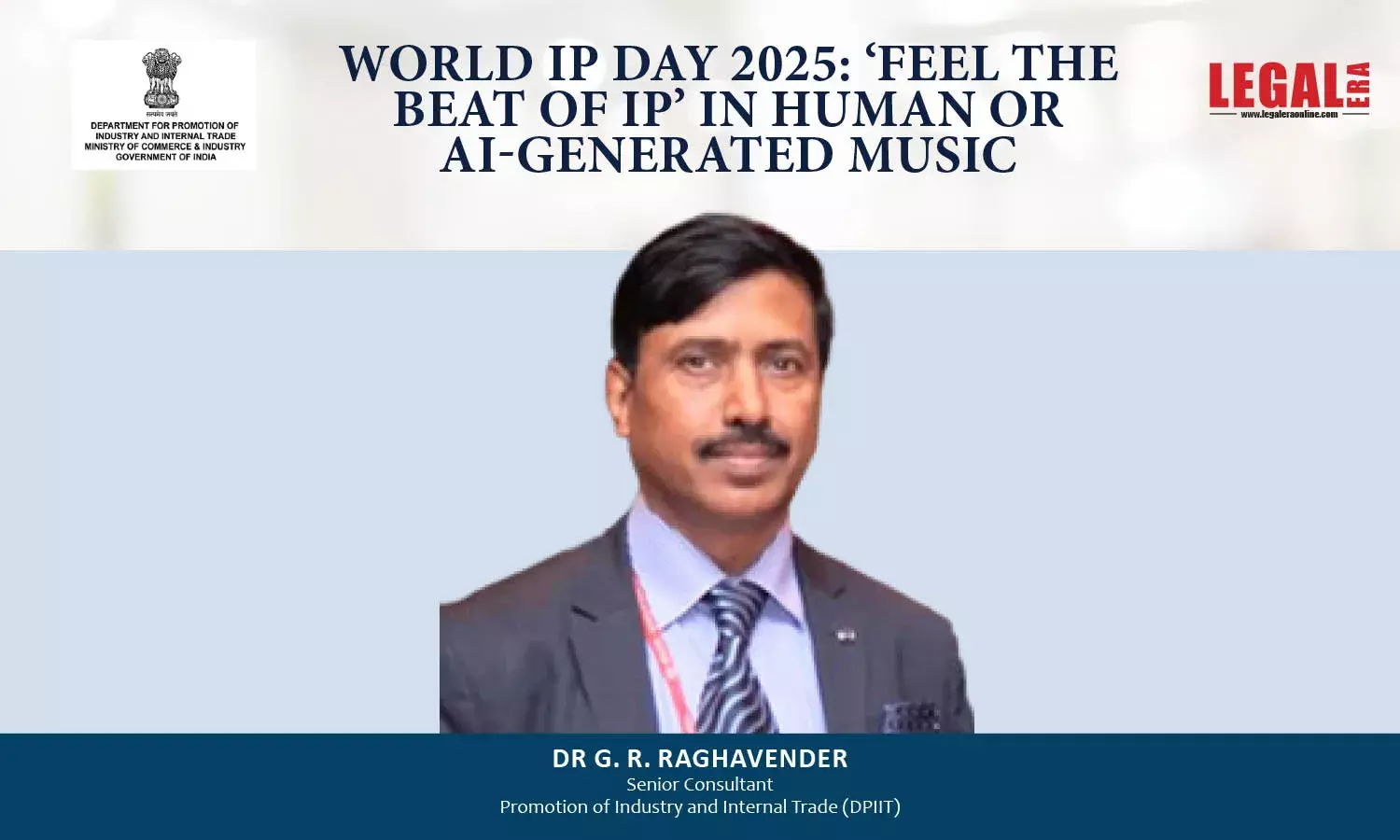Parental Alienation India Joins Family Courts Around the World to Fight Child Emotional Abuse
Courts around the world have acknowledged PA as child psychological abuse and have intervened to not only save children;

Parental Alienation India Joins Family Courts Around the World to Fight Child Emotional AbuseCourts around the world have acknowledged PA as child psychological abuse and have intervened to not only save children from this horrific abuse but also to save the parent-child relationship Parental Alienation (PA) is a scourge that indoctrinates, brainwashes, and manipulates a child into rejecting...
Parental Alienation India Joins Family Courts Around the World to Fight Child Emotional Abuse
Courts around the world have acknowledged PA as child psychological abuse and have intervened to not only save children from this horrific abuse but also to save the parent-child relationship
Parental Alienation (PA) is a scourge that indoctrinates, brainwashes, and manipulates a child into rejecting a parent. The phenomenon of parental alienation is found all over the world - across classes, continents, and cultures. PA causes significant cognitive and behavioral distortions in a child and research studies have demonstrated serious long-term consequences for an alienated child. Courts around the world have acknowledged PA as child psychological abuse and have intervened to not only save the children from this horrific abuse but also to save the parent-child relationship. Indian courts are no exception to growing awareness and collaboration around the world to confront and remediate PA. In 2017, the Supreme Court of India in its judgment Vivek Singh v. Romani Singh defined PA as "a disorder that arises primarily in the context of child custody disputes. Its primary manifestation is the child's campaign of denigration against a parent, a campaign that has no justification. It results from the combination of a programming (brainwashing) parent's indoctrinations and the child's own contributions to the vilification of the target parent."1
On the heels of this historic decision, the Child Rights Foundation (CRF) filed a Writ Petition2 before the Court urging it, amongst other things, to declare PA as child abuse and in violation of Article 213 of the Constitution of India. India currently is in a precarious position. On the one hand, the country faces a rapidly growing divorce rate. On the other hand, it is bogged down by an antiquated family code. India's Family Court Act only allows for primary custody with one parent and very limited access or visitation rights to the non-custodial parent. The law essentially incentivizes PA by pitting divorcing spouses against each other and the system picking "winners" and "losers". As a result, hundreds of thousands of non-custodial parents in India have been cut off from their children without justification. Children are subjected to hostile judicial interviews to determine the custodial parent and not surprisingly, divorcing spouses attempt to control what the child says in the interviews in order to have the best chance of winning custody. As the CRF Petition reveals, a Bombay High Court Judge recently lamented that in her experience, more than 80% of the children are tutored before their custody interview. When one analyses the judicial decisions from the family courts around the world – the United States, United Kingdom, Canada, Australia, New Zealand, the European Court of Human Rights, Italy, and others – one realizes that one effective way to handle PA is to change custody to the target parent upon a finding of parental alienation and allow the alienated child and the targeted parent to undergo a specialized reunification program that is designed to remedy alienation.
As Indian courts continue to confront the reality of PA, they may face some of the myths and fallacies about PA that plague family courts around the world. The two commonly-held fallacies are: (1) PA simply does not exist; and (2) The phenomenon is gender-specific. In other words, only men alienate, women don't (or vice versa).
The myth that the phenomenon of PA doesn't exist or has no underpinning in science or is simply an ideology masquerading as science in the gender war over the children, has so often been repeated that many judges assume it to be true. But when one reviews legal decisions from family courts around the world together with professional, scientific literature, they firmly debunk this myth. Family court judges have acknowledged that not only there is no doubt that PA exists, but that it is not a new phenomenon, and – as a New York judge quoted a journalist's quip– "[a]nybody old enough to drink coffee knows that embittered parties to divorce can and do manipulate their children."4
Indian judges, when confronted with evidence of PA, would benefit from the decisions of other family courts around the world who have determined that whether or not a psychological syndrome called "Parental Alienation Syndrome" exists or not, PA clearly does. Globally speaking, judges have found that it is far more important and effective to focus on a parent's behavior rather than to go down the rabbit-hole chasing esoteric theories of a "syndrome" that may or may not exist. The devil is in the details and as a Michigan Court of Appeals panel of judges recently held in the United States, "there is no reasonable dispute that high-conflict custody disputes frequently involve acts by one parent designed to obstruct or sabotage the opposing parent's relationship with the child."5
PA is supported by empirical evidence. There are two key features of the phenomenon. First, it can be conceptualized as a mental condition present in the child, i.e., the child has a distorted or false belief that the rejected or disfavored parent is "evil," "dangerous," or somehow unworthy of love or affection. Second, the child's rejection of the alienated or target parent is without legitimate justification. And this is the key distinction: If there is a documented or objectively verifiable history of the rejected parent being abusive or severely neglectful, the child's rejection of that parent could be legitimate and if so, it would not be a case of PA.
As to how PA takes place, the research conducted by the American psychologist, Dr. Amy Baker, describing the 17 alienating strategies is widely used and accepted by the courts and the mental health community. They include: badmouthing, limiting contact, confiding in the child, asking the child to spy on the target parent, referring to the target parent by first name, withholding important information from the target parent and undermining the authority of the target parent. Take for instance the behavior of a father who was found by an American court to have engaged in severe PA. His modus operandi included sending text messages to his son telling him that he had "a right to be ugly to [his] [Mother]," the mother was "mentally ill" and "can't help the way [she] [was] born and created by God," that he had to visit his mother "because the law forces you to go," and that he "will never like her. Nobody likes her. It is impossible."6 Subjected to such indoctrination, children may turn on the targeted parents, vilify them, reject them, and show no ambivalence or guilt in treating them in a most cruel fashion. The trauma is suffered not just by the rejected parent; the brainwashed children too are robbed of a normal childhood, normal sibling relationships, and a normal relationship with the targeted parent.
Given how psychologically damaging alienating behaviors are, it is no surprise that courts have agreed that PA is a form of emotional abuse. And to remedy such abuse, courts have realized that it is necessary to jettison the "conservative" approach of taking baby steps and ordering traditional psychotherapy while keeping the abused child in the custody of the alienator. For to do so will only result in a litigious merry-go-round that has neither worked in the past, nor will it work in the future. Instead, courts have increasingly taken seemingly drastic but ultimately necessary steps of changing custody, ordering psycho-educational counseling for the alienating parent, ordering a specialized reunification program for the targeted parent and the child, together with financial sanctions, reallocation of attorney fees and litigation costs, and in severe cases, incarceration for repeated violation of court orders.
The other commonly-held myth about PA is that it is gender-specific. This myth of Dads versus Moms creates an unwarranted controversy and is often deployed as an ideological weapon to fan the flames of the gender war over children. On one end of the spectrum, it is argued that alienation is a choice weapon of women to "get even" with men. At the other end of the spectrum, an argument is made that men falsely accuse women of PA in order to excuse or distract from their abusive conduct that is the root cause of the children's rejection. Both arguments, when employed in absolute terms, are ideologies masquerading as science. The Five-Factor Model that is generally used to diagnose PA is gender blind. Courts too have acknowledged that the theory of PA does not lend itself to a "simplistic analysis," where it is portrayed as a "gender war over the children."7
However, statistics aren't sexist and we do have to reckon with some interesting data. For instance, in 2010, Canadian law professor Nicholas Bala and his colleagues published a paper that studied all reported Canadian cases between 1989 and 2008 that dealt with claims of PA.8 The study found that between 1989 and 2008, alienation was found by Canadian courts in 106 out of 175 cases raising the issue. And the mother was the alienating parent in 72 cases (68 percent), and the father was the alienating parent in 33 cases (31 percent). The Canadian study is not alone in finding mothers significantly more as the alienating parent. In the United States too, the statistics do indicate that percentage of women who have been found or identified to have engaged in alienating behaviors outnumber men by 3 to 1 ratio. The results of Dr. Demosthenes Lorandos's research project wherein his team analyzed over one thousand cases involving PA, demonstrated "that during 1985-2018, about 75% of the identified alienators were female and 25% were male. This proportion has remained approximately the same over the years."9 However, to simply consider this statistic in a vacuum and rush to a conclusion that women alienate significantly more than men, would not be appropriate. One has to consider the residual effects of patriarchy, which may account for some of the skew in the numbers of male to female alienators. And the fact that during a divorce or custody litigation, men, having more financial resources, may have been more willing to litigate cases involving PA using skilled legal representation and top-notch experts, as compared to women. Keeping the gender disparity data aside, when we review the pertinent case law – judicial opinions from family courts around the world where courts have found PA to exist – we find that neither gender has a monopoly on engaging in alienating behaviors. We find dads behaving badly as well as moms.
India's children, similar to children around the world, are entitled to enjoy the love and affection of both parents. With its acknowledgement of PA and providing an appropriate intervention, the Indian judiciary has taken a momentous step in the right direction.
2 In the Matter of Child Rights Foundation (CRF) v. Union of India, Writ Petition (Civil) No. 1031 of 2018
3 Article 21 reads as: "No person shall be deprived of his life or personal liberty except according to a procedure established by law." Indian courts have ruled that the protection of family is an integral part of right to "life".
4 J.F. v. D.F., 61 Misc.3d 1226(A), 2018 N.Y. Slip Op. 51829(U), *8 (2018).
5 Martin v. Martin, Michigan Court of Appeals No. 349261 (January 28, 2020), FN 2.
6 McClain v. McClain, 539 S.W.3d 170, 194-195 (Tenn.Ct.App. 2017).
7 J.F. v. D.F., supra.
8 Bala, N., et. al., Parental Alienation: Canadian Court Cases 1989–2008, Family Court Review, Vol. 48, No. 1, January 2010, 164-179.
9 Lorandos, Demosthenes, Parental Alienation in U.S. Courts, 1985 to 2018, 371-372, in Parental Alienation: Science and Law, Eds. Lorandos, D. and Bernet, W. (2020, Charles C. Thomas)





